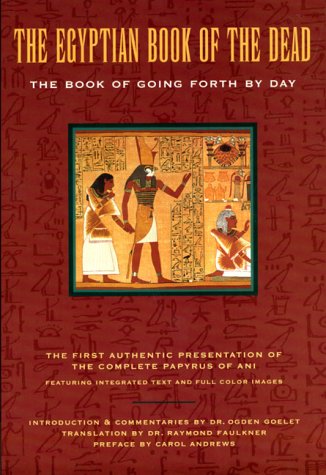THE ANALYSIS OF MIND
by
BERTRAND RUSSELL
by
BERTRAND RUSSELL
Formally this book doesn't contain groundbreaking insights, or better: it doesn't say anything that isn't already under your eyes. Its biggest accomplishment, however, is in the very act of showing how sometimes we don't see what's under our eyes for a sort of mental laziness.
Russell forces us to move away from this laziness and reconsider what we take for granted about ourselves, and does so with his enjoyable style. He seems to possess the rare skill of finding the minimum amount of words and concepts needed to explain (and solve) the problem clearly and accurately. He will never forget to define precisely all the terms needed in the discussion, or to question the limits of the premises in order to understand the scope of the conclusion.
In each chapter he considers a facet of what we call mind and explores it both from the point of introspection and of external analysis of observable behavior. Introspection gives use informations impossible to obtain with other methods, and it is what gives meaning to the problem of mind in the first place, but it has the intrinsic problem of an instrument trying to measure itself. So Russell keeps on correcting this "view from the inside" and the delusions it can create with the stick of behaviourism and objective observation.
On a less technical side, I highly appreciate the intellectual honesty of someone who can freely use the words "contrary to what I once stated".
The only minus I can think of is that after one has understood the method of analysis employed he can probably predict how it will be used by the author to investigate the remaining items of his enquiry. While I was reading the second half of the book I often found myself anticipating his reasoning, and thinking that those last chapters could have been thinner. However the author's highly readable prose makes this a very small problem, and I suggest this book to everyone interested in the subject (anyone should be!)
Read
Russell forces us to move away from this laziness and reconsider what we take for granted about ourselves, and does so with his enjoyable style. He seems to possess the rare skill of finding the minimum amount of words and concepts needed to explain (and solve) the problem clearly and accurately. He will never forget to define precisely all the terms needed in the discussion, or to question the limits of the premises in order to understand the scope of the conclusion.
In each chapter he considers a facet of what we call mind and explores it both from the point of introspection and of external analysis of observable behavior. Introspection gives use informations impossible to obtain with other methods, and it is what gives meaning to the problem of mind in the first place, but it has the intrinsic problem of an instrument trying to measure itself. So Russell keeps on correcting this "view from the inside" and the delusions it can create with the stick of behaviourism and objective observation.
On a less technical side, I highly appreciate the intellectual honesty of someone who can freely use the words "contrary to what I once stated".
The only minus I can think of is that after one has understood the method of analysis employed he can probably predict how it will be used by the author to investigate the remaining items of his enquiry. While I was reading the second half of the book I often found myself anticipating his reasoning, and thinking that those last chapters could have been thinner. However the author's highly readable prose makes this a very small problem, and I suggest this book to everyone interested in the subject (anyone should be!)
Read




